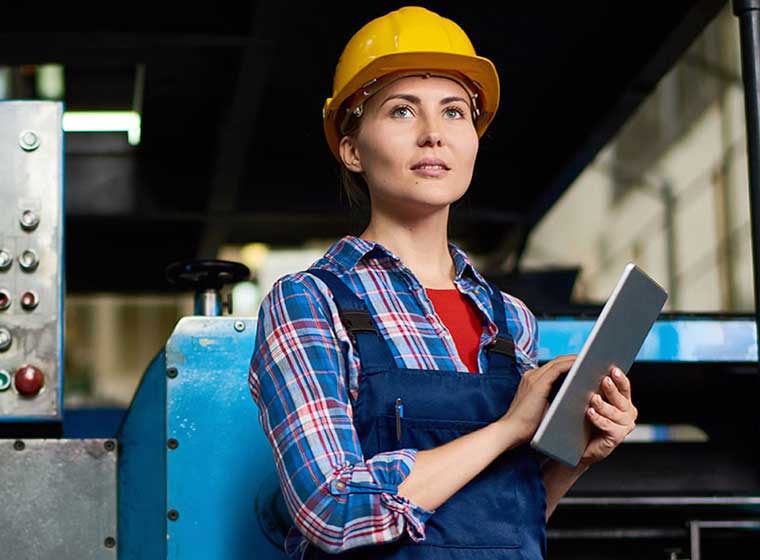.jpg?width=770&height=404&quality=100&fit=bounds&dpr=1)
Do you want to know more about Benefits of the use of concrete in sustainable construction?
Concrete is widely recognized as one of today"s most adaptable and long-lasting sustainable construction materials. It is perfect for getting the desired results, whether you"re working on a residential or commercial project.
The advantages of using Concrete in building projects are discussed below.
Concrete is environmentally-friendly
The fact that Concrete is good for the planet is often overlooked. This eliminates the need for extended periods spent in transit, reducing the associated environmental impact.
Concrete can be recycled indefinitely. It can be crushed into small enough pieces to be used as aggregate in construction. Aggregate is commonly used for shoreline protection and as a sub-base for various construction projects. This helps the environment by lowering carbon footprints and reducing the amount of trash that must be thrown away.
Concrete is highly cost-effective
It is extremely low-maintenance because of its high durability and resilience; it can go decades without being reconstructed. Because of its well-deserved reputation for durability, concrete constructions typically have lower insurance premiums than their counterparts fashioned from more flammable or fragile materials. Concrete is widely used in the construction industry because of its low cost and high durability.

Safety
Concrete poses little to no threat to people or nature as a building material. Concrete doesn"t catch fire because it"s non-reactive. Neither rot nor mildew will harm it. The quality of the air inside concrete structures is very high. Properly installed concrete barriers will prevent dust, pollen, and other airborne pollutants from infiltration. Because of its long history of use and scrutiny, Concrete has been proven to be completely risk-free.
Concrete is something that designers, builders, and engineers are familiar with, and the methods of building with it have been honed over time. Not so with more modern materials.
Thanks to the concrete walls, a sense of safety and privacy will permeate the building"s occupants. Since Concrete is so sturdy, it can protect its inhabitants from natural disasters like earthquakes. Its high thermal mass shields the building"s interior from seasonal temperature changes and keeps it warm and dry all year round.
Durability the concrete at sustainable construction
Concrete is the most durable material for building construction. This is because, contrary to popular belief, Concrete improves with age. The long-term budget and the planet"s health can be considered when constructing Concrete. The cost of ownership is reduced further because you won"t have to pay for regular repairs.
Concrete can withstand heat, corrosion, and decay. It"s also earthquake-proof, waterproof, windproof, fireproof, and vibration-proof. This not only keeps people safe but also helps save money. When it comes to catastrophes caused by nature or by extreme weather, Concrete has proven to be the most reliable construction material.
Sustainability
Sustainable and easily produced locally, Concrete has many uses. It"s typically made from regional materials close to the building site. This is good for the environment, the local economy, and the bottom line.
In addition, Concrete can be recycled. It is reused as a coarse aggregate and fine aggregate in construction. It is common practice to use aggregate Concrete for these purposes. Reusing granular materials reduces waste sent to landfills and new materials needed for building projects.

Versatility
Concrete may harden into a formidable material, but its plasticity, when first mixed, allows for great design freedom. Freshly mixed Concrete can be moulded into any shape, surface, form, or texture that a designer or builder can imagine. There are many varieties of Concrete, each designed to fulfil a particular need. There is constant innovation in the quest to make
It more environmentally friendly. Concrete buildings are flexible and can be used for many different purposes. Concrete is used because it is durable and safe in a fire. Repurposing structures instead of abandoning them helps save energy and prevents waste.
Conclusions about the Benefits of the use of concrete in sustainable construction
Concrete is a secure material and the best option for ensuring the safety of building occupants and the surrounding environment. It is a time-tested building material that improves with use. It is the superior material for any sustainable construction or paving project.
